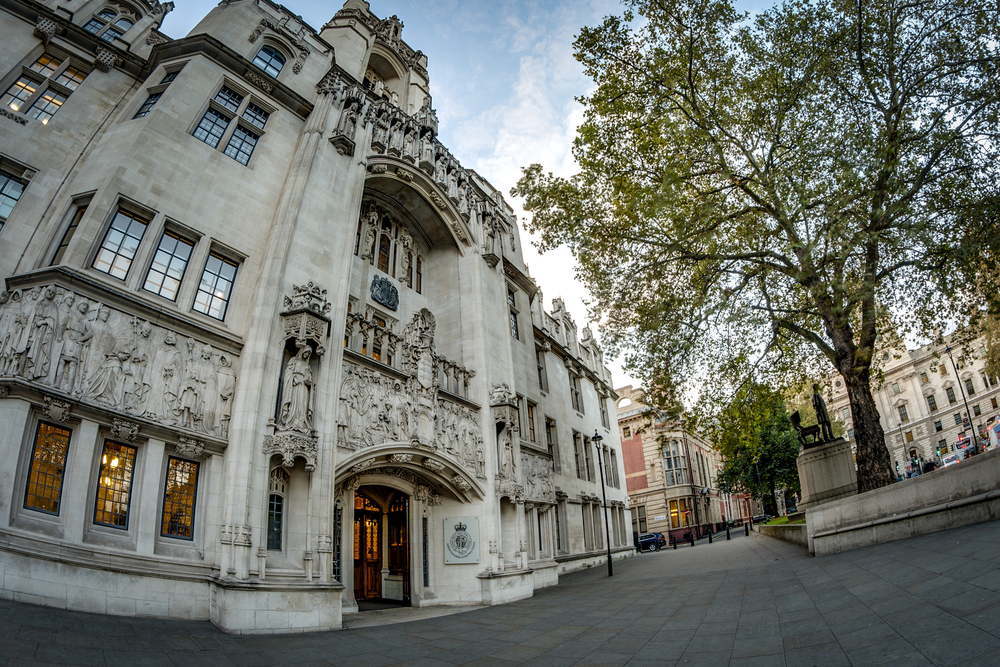03 Jul 2020
Legal update: ADR and insolvency case law

The Supreme Court landed a blow for both ADR in the form of adjudication and for insolvency practitioners with its decision in the case of Bresco Electrical Services Ltd (In Liquidation) v Michael J Lonsdale (Electrical) Ltd
The case focussed on the relationship between (a) the adjudication regime for building disputes and (b) a rule of insolvency law called insolvency set-off. Adjudication is a statutory form of alternative dispute resolution (ADR) which allows parties to a construction contract to refer their disputes to an adjudicator for a quick decision. The losing party must pay and decisions are binding unless and until they are revised by subsequent arbitration or litigation after practical completion. For more on adjudication and ADR see https://www.acandco.com/news/article/resolve-disputes
Insolvency set-off means that, when a company enters liquidation and there are debts between the company and one of its creditors, the debts in each direction automatically cancel each other out. This leaves a single net balance owed in one direction. The liquidator will calculate the balance and decide how much the company owes or is owed overall.
The facts were that Lonsdale had contracted with Bresco to carry out installation work at a construction site in London. Lonsdale said Bresco had abandoned the project prematurely, forcing them to pay £325,000 for replacement contractors. Bresco said Lonsdale owed £219,000 in unpaid fees plus damages for lost profits. Bresco entered liquidation in 2016. Two years later Bresco’s liquidators took steps to refer their £219,000 claim to an adjudicator. Lonsdale objected to the adjudication on two grounds: (1) insolvency set-off cancelled out the parties’ respective claims therefore adjudication was unavailable (“the jurisdiction point”); and (2) the adjudicator’s decision would not be enforced until the liquidator calculated the net balance, so an adjudication was pointless exercise. Any positive award resulting from the adjudication would not be enforceable – rendering adjudication pointless. (“the futility point”).
Appeal
At first instance, the English Court agreed with Lonsdale on both points and granted an injunction (interdict) to stop the adjudication. Bresco appealed. The Court of Appeal rejected the jurisdiction point but agreed with the futility point finding that there was no practical utility to adjudication if the award could not be enforced by summary judgment due to the claimant’s insolvency; it was not just or convenient for the responding party to be forced to incur adjudication costs where it knows it will be able to resist enforcement. Bresco appealed. Lonsdale cross-appealed on the jurisdiction point.
The Supreme Court allows the appeal and dismisses Lonsdale’s cross-appeal, with the result that the adjudication can go ahead. On the jurisdiction point, the Supreme Court concluded that the adjudication has jurisdiction as (i) the cross-claim does not mean that there is no longer a dispute under the construction contract; (ii) Bresco could have brought court proceedings to determine the value of its claim, or exercised a contractual right to go to arbitration; and (iii) Bresco could also refer its claim to adjudication. On the futility point, the Supreme Court found that Bresco has a statutory and contractual right to adjudication, and it would ordinarily be inappropriate for the court to interfere with the exercise of that statutory and contractual right. It is not a foregone conclusion that adjudications by insolvent companies have no utility. In fact, “there is a chorus of observations … that adjudication does, in most cases, achieve a resolution of the underlying dispute which becomes final because it is not thereafter challenged”. Full decision: https://www.supremecourt.uk/cases/docs/uksc-2019-0036-judgment.pdf
Milestone
Why is the decision important for IPs? Although this is an English case, the statutory foundation for adjudication applies across the UK, being supplemented in Scotland with its own Scheme, so that liquidators in Scotland can refer disputes to adjudication with greater confidence. The resolution of a construction dispute could be of real utility to the liquidator within the set-off process. Further, as the parties to a liquidation are jointly and severally liable to the adjudicator’s fees, only the solvent party is going to be able to pay the adjudicator’s invoice. The solvent party pays therefore whether it wins or loses in the adjudication with no effective recourse against the insolvent company for its half share. The Supreme Court suggested that payment of the half share would be an insolvency expense but that, if correct, is no guarantee of payment. This clear path to adjudication may prove to be important in the current climate, as the economic effects of Covid-19 may lead to an increase in insolvencies in the construction industry.
For ADR, the Supreme Court encouraged adjudication as a successful mainstream dispute resolution mechanism. It commented that most decisions of an adjudicator are never challenged in court and they lead to a speedy, cost effective and final resolution of a dispute.
Get in touch
If any issues arising out of this article are of interest, please contact Euan McSherry, Aberdein Considine’s Head of Dispute Resolution at emcsherry@acandco.com or at 07818 097172.
This information is intended as a general discussion surrounding the topics covered and is for guidance purposes only. It does not constitute legal advice and should not be regarded as a substitute for taking legal advice. Aberdein Considine is not responsible for any activity undertaken based on this information.